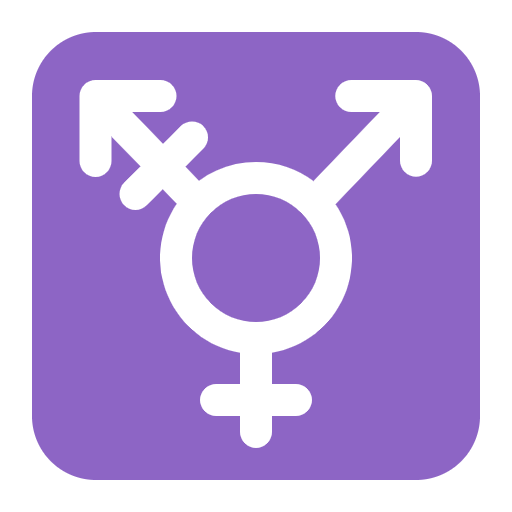Comprehensive Guide on the Name “August”

August
Meaning: Esteemed / Gender: Neutral / Pronunciation: AW-guhst
Origin and Historical Background
The name “August” has Latin origins and is derived from the word “Augustus,” which means “esteemed” or “venerable.” The term “Augustus” was a title given to Roman emperors, beginning with Octavian who became the first Roman emperor in 27 BC. His name, in turn, inspired the naming of the month of August in the Julian and Gregorian calendars. Over time, the name Augustus and its derivative, August, came to be adopted as given names, both in Europe and later in the Americas.
Meaning and Cultural Significance
August is a name that implies high regard, admiration, and respect. It carries connotations of being cherished, appreciated, and revered, making it an excellent choice for parents who wish to instill a sense of dignity and esteem in their child. This name is unique due to its gender-neutral usage, allowing it to be a strong, yet graceful, option for both boys and girls.
Famous Historical Figures with the Name August
1. Augustus Caesar
- Historical Era: Ancient Rome
- Key Contributions: As the first Roman emperor, Augustus Caesar established a period of relative peace known as the Pax Romana and reformed many aspects of Roman life, including the military, finance, and social structure.
- Cultural Impact: His reign marked the end of the Roman Republic and the rise of the Roman Empire, making him one of the most influential figures in Western history.
2. August Strindberg
- Historical Era: Late 19th to early 20th century
- Key Contributions: A Swedish playwright, novelist, poet, and essayist, Strindberg is considered one of the pioneers of modernist literature.
- Cultural Impact: He significantly influenced modern drama and literature, with works like “Miss Julie” and “The Red Room” which are still studied and performed today.
Usage Over Time
The name August has seen fluctuating popularity over the decades. Historically, it has been more common in European countries, but its usage has spread to other parts of the world due to its classical and timeless appeal. In the United States, the Social Security Administration records indicate a slight increase in the popularity of the name in recent years. Specifically, August gained traction in the 2000s and 2010s, climbing up the rankings of popular baby names.
Pronunciation Guide
- Phonetic Spelling: AW-guhst
- The pronunciation is straightforward, with emphasis on the first syllable “AW.” The “guhst” part should be pronounced softly.
Biblical Context
The name August does not have a direct mention in the Bible. However, the term “Augustus” is mentioned in the Gospel of Luke (Luke 2:1), where it speaks about Caesar Augustus issuing a decree that a census should be taken of the entire Roman world. This census led to Mary and Joseph traveling to Bethlehem where Jesus was born.
Additional Unique Information
Numerology
In numerology, the name August resonates with the number 1, which symbolizes leadership, independence, and ambition.
Variations
Variants include Augustus (Latin), Agosto (Spanish), Agostino (Italian), and Auguste (French, German).
Cultural Variants
- French: Auguste
- Italian: Augusto
- German: August
- Scandinavian: August
Popularity
According to the Social Security Administration, the name August has been climbing in popularity. For example, in 2019, it ranked within the top 200 names for boys but was also noted to be a growing choice for girls.
Conclusion
The name August, meaning “esteemed,” is a distinguished option for both boys and girls. Its rich historical roots, cultural significance, and timeless appeal make it a noteworthy choice for expectant parents. Choosing the name August could endow your child with a sense of admiration and respect that lasts a lifetime.









